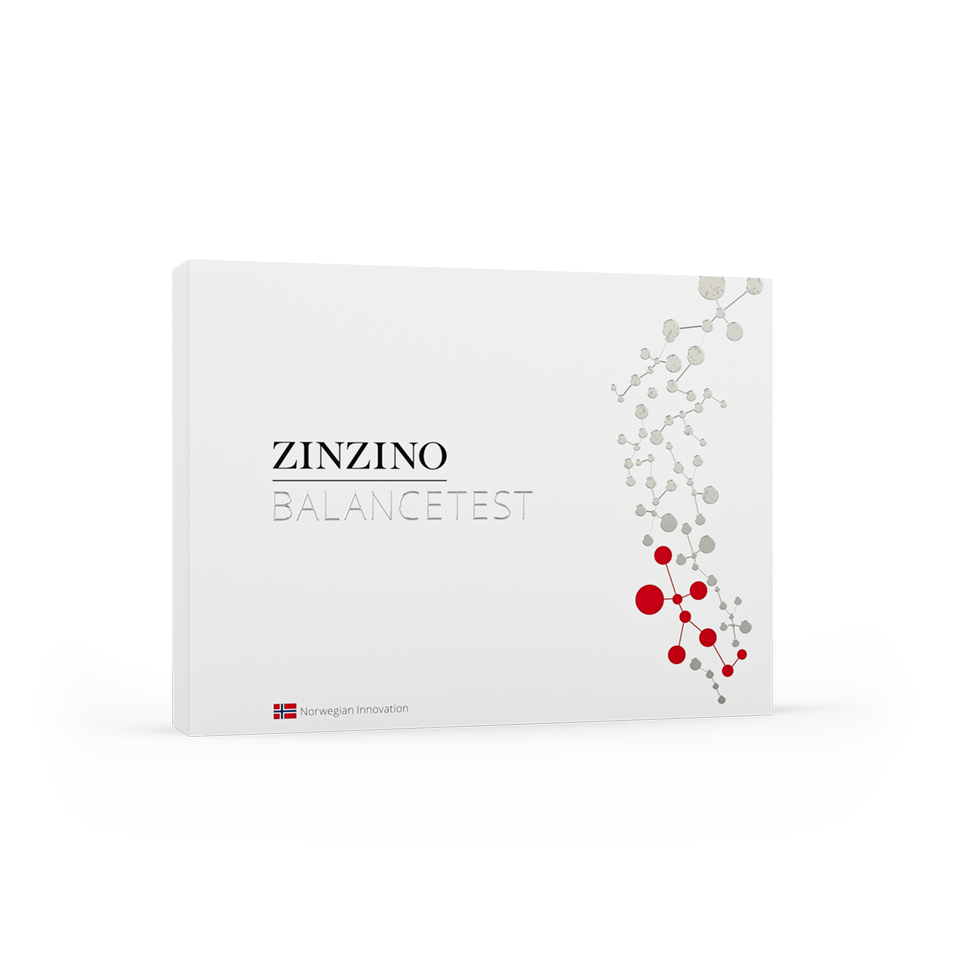Pediatric Health, Growth and Development

Every aspect of pediatric health can affect a child’s long-term pediatric growth and development. Yet, stressors to children’s health exist. Take, for example, extreme heat or air pollutants – all of which complicate a parent’s desire for proper pediatric health and thus compromise pediatric growth and development.
Nutrition and Children’s Development
Nutrition plays a crucial role in children’s development in terms of protecting and nurturing against stressors. Good nutrition helps children develop a strong immune system, so they don’t miss out on fun physical activities and social stimulation. Thoughtfully chosen nutrition for children’s development is essential to pediatric health to produce the energy for kids to focus and be creative.
Why is Children’s Nutrition Important for Pediatric Development?
Children’s nutritional development is important for pediatric growth and general development because it establishes the body’s foundation for health and mental activity into adulthood. A child’s diet – and the nutritional value of that food – impacts their energy levels and thus also directly impacts their ability to participate in sports, school, and extra-curricular activities. Every aspect of pediatric development, including children’s nutrition and their bodies’ development, contributes to an array of pediatric health experiences.
Brain Development Stages and Milestones
Children’s brain development occurs in stages, and milestones are marked by an added level of skill and independence at each stage. An infant’s brain will allow them to sit up as they develop muscles and coordination. When babies begin to babble and communicate, their brain development allows them to start comprehending gestures and sounds. A toddler’s brain is developed enough to begin walking, climbing, and even dancing. Some will draw and learn to make art. At school age, children’s motor skills indicate refined brain development, and they may play sports and start dressing themselves. Reaching these milestones, children’s brains gain sentience as they continue to comprehend themselves and the world around them at every brain development stage.

Nutrition for Healthy Brain Development
At every stage of their healthy brain development, we ask why children’s nutrition is important and how we can help equip them with the brain power necessary to reach each new stage of expression and coordination. Children are using every cell in their body to master a new skill. By making clear choices about nutrition, parents actively contribute to their child’s pediatric health, and more specifically to their child’s brain development. Food that children crave – sugar-laden sweets or fried but satisfying carbohydrates – may attribute for much of a child’s dietary intake. However, the lack of nutritional value means that the child’s energy will inevitably lag after an initial sugar-high. Rather than adapting to the sudden highs and lows that processed foods stimulate in the body, good nutrients will steadily support brain development and strengthen it by developing a resilient and healthy brain. Like professional athletes who spend years developing peak performance skills, good nutrition for children’s brain development helps, in the long run, to ensure optimal brain strength.
Vision Development in Early Childhood
Where does the greatest potential for healthy brain development lie? Bad early childhood habits can impede the development of a child’s vision. Children need healthy vision to navigate in the informational and physical world. With screens everywhere – and the temptation to watch for extended periods ever present – vision strain is hard to avoid and thus is a threat to pediatric health. In short, the longer healthy brain development and vision health is protected during childhood from the inundation of stimuli and strain, the better. As a result, children’s vision will remain robust throughout their childhood and well into their adulthood.
How Children’s Nutrition Helps Eye and Vision Development
So, how can children’s nutritional development help children’s vision? Vitamins C and E contribute to eye tissue restoration and can prevent infections. Omega-3 fatty acids will prevent dry eye, which can be uncomfortable. Vitamin A helps to fight dry eye and night blindness. Since obesity and hypertension have been linked to vision-related diseases in children, nutritional development can help to prevent these conditions and even promote children’s vision and brain development. Fruits, vegetables, and simple proteins are important sources of children’s nutritional development, but many children avoid eating fish. Fish is a main source of Omega-3s, so Zinzino’s BalanceOil Tutti Frutti is an easy and delicious resource to aid in the development of children’s vision1. Given all that’s needed to support children’s well-being, it’s a relief to know that the Tutti Frutti flavor of the Omega-3 BalanceOil has the essential nutrients for children’s vision development.
While there are a lot of challenges involved in ensuring proper pediatric health and brain development, the right resources are available to support adequate nutrition for children’s development. The brain and body are all connected; pediatric growth, development and well-being are all intrinsic to children’s overall health. Ensuring adequate nutrition for your child now will result in long-lasting benefits that will keep giving back. BalanceOil Tutti Frutti lends a hand to parents’ efforts to do the utmost for the health of their children’s brain development1 and overall physical3 and visual development4.
1. EFSA, Docosahexaenoic acid (DHA
Evropský úřad pro bezpečnost potravin. Příjem kyseliny dokosahexaenovové (DHA) u matek přispívá k normálnímu rozvoji mozku plodu a kojených dětí, v článku 14(1)(b) – Tvrzení týkající se zdraví a rozvoje dětí. Těhotným a kojícím ženám musí být poskytnuty informace o tom, že příznivého účinku lze dosáhnout při denním příjmu dodatečných 200 mg DHA, který doplňuje denní příjem omega-3 mastných kyselin doporučený pro dospělé, tj. 250 mg DHA a EPA. Toto tvrzení lze použít pouze u potravin, které poskytují denní příjem nejméně 200 mg DHA.
2. Fyzický rozvoj dětí
Evropský úřad pro bezpečnost potravin. Esenciální mastné kyseliny jsou potřeba pro růst a rozvoj dětí, v článku 14(1)(b) – Tvrzení týkající se zdraví a rozvoje dětí. Informace pro spotřebitele o tom, že pozitivního účinku je dosaženo při denním příjmu 2 g kyseliny alfa-linolenové (ALA) a denním příjmu 10 g kyseliny linolenové (LA).
3. DHA přispívá k udržení normálního stavu zraku
DHA přispívá k udržení normálního stavu zraku. Tvrzení smí být použito pouze u potravin obsahujících nejméně 40 mg DHA na 100 g a na 100 kcal. Aby bylo možné tvrzení použít, musí být spotřebitel informován, že příznivého účinku se dosáhne při příjmu 250 mg DHA denně. Příjem kyseliny dokosahexaenové (DHA) přispívá k normálnímu vývoji zraku u dětí do 12 měsíců věku. Spotřebitel musí být informován o tom, že příznivého účinku lze dosáhnout při příjmu 100 mg DHA denně. Je-li toto tvrzení použito pro pokračovací kojeneckou výživu, musí potravina obsahovat nejméně 0,3 % DHA z celkového objemu mastných kyselin.
4. EFSA, Docosahexaenoic acid (DHA) maternal intake contributes to the normal brain development of the foetus
Evropský úřad pro bezpečnost potravin. Příjem kyseliny dokosahexaenovové (DHA) u matek přispívá k normálnímu rozvoji mozku plodu a kojených dětí, v článku 14(1)(b) – Tvrzení týkající se zdraví a rozvoje dětí. Těhotným a kojícím ženám musí být poskytnuty informace o tom, že příznivého účinku lze dosáhnout při denním příjmu dodatečných 200 mg DHA, který doplňuje denní příjem omega-3 mastných kyselin doporučený pro dospělé, tj. 250 mg DHA a EPA. Toto tvrzení lze použít pouze u potravin, které poskytují denní příjem nejméně 200 mg DHA.



Share this page
Or copy link